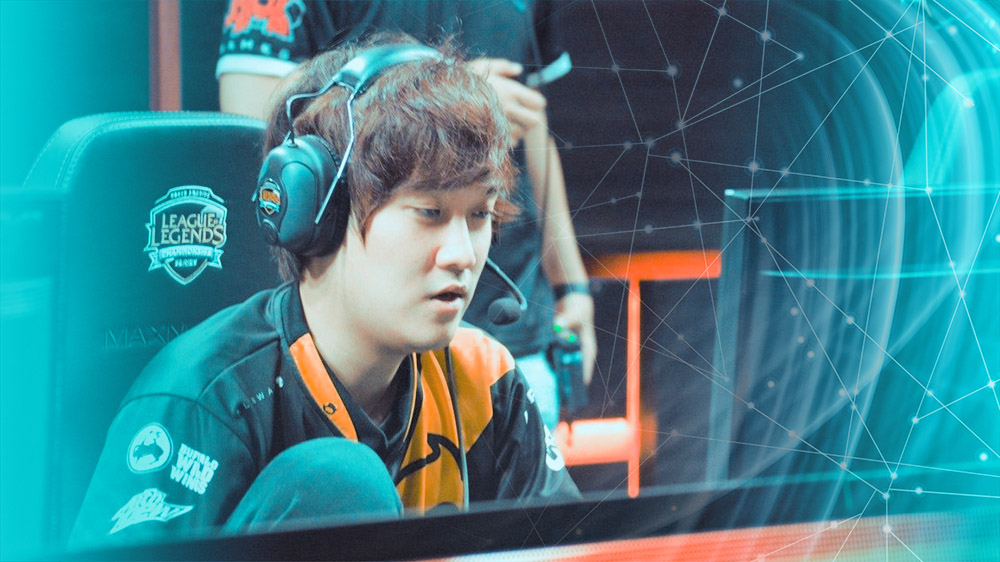It’s official—the esports industry has grown so big and has so many components that Nielsen created an entirely new business vertical to track it. Nielsen Esports will provide sponsorship valuation, fan insights, custom industry research and consulting services for those venturing into the $892 million industry.
Nielsen has been tracking esports for years from viewership to ad spend, and it even created Esport24, a syndicated sponsorship tracking service for tournaments. Findings from Esport24 data include how the playoff rounds of major 2017 esports tournaments to date have yielded anywhere from $75,000 to nearly $17 million in sponsorship value. The company says numbers like this emphasize the need for standard metrics to help industry players understand the value they are providing, receiving or missing out on.
“Non-endemic brands—and their investment decisions—were a big reason we felt there was an opportunity for Nielsen Esports to play a role in the industry,” Nicole Pike, vice president of Nielsen Games and global research and project lead for Nielsen Esports told AlistDaily. “Nielsen will bring these brands an unbiased view of esports, both in terms of the opportunity it presents but also the questions they should consider before jumping into the space. Esports has come too far for a desire to reach millennial males to be the only deciding factor for brands—it’s a nuanced industry, and we want to help brands understand and navigate that nuance.
“[Additionally], our valuation data will allow these brands to build a sound case when or if they do decide to invest in esports—and to set proper expectations for the value they will receive,” Pike added. “Not only this, but they will also be able to compare and contextualize this value relative to other sponsorship activations across other forms of entertainment to help optimize their entire sponsorship portfolio.”
Tracking esports data such as viewership and money spent is not only helpful to investors, but also to the professional players. A lack of transparency in the industry makes it difficult for players to gauge how much they should be paid based on audience draw and performance.
“Team and player sponsorship is a significant opportunity within the esports space,” says Pike. “To date, the lack of credible standards around sponsorship valuation in esports has made many brands hesitant to jump into esports sponsorship. By providing clarity around the value of brand activations, Nielsen Esports’ goal is to empower our clients to make sound investments in this space, which will in turn support esports teams and players. Furthermore, our ability to consult around sponsorship strategy can help esports teams determine how to develop an effective, authentic relationship between a team sponsor and its players.”
Competitive gaming exists across different platforms, from mobile and local events to massive, international tournaments, and Nielsen Esports will be tracking them.
“One of the exciting things about esports is how an amateur, everyday fan can interact and compete in the same way their favorite professional is able to—there is an accessibility to esports that is hard to rival,” said Pike. “Our fan insights data explores both the professional and casual/amateur side of esports—and importantly, the interplay between the two. And certainly, as amateur esports events continue to expand, more sponsorship opportunities outside of the professional realm will present themselves—which Nielsen will be well-positioned to value.”

